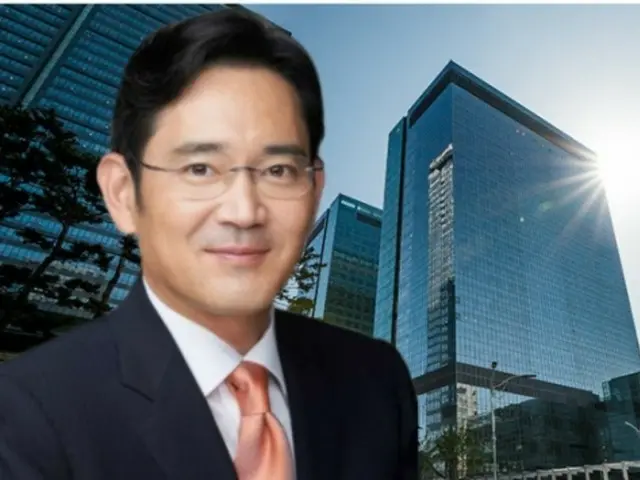As a result, Chairman Lee has been completely freed from the legal risk that had been posed to him for over 10 years. On the 17th, the Supreme Court's Third Division held a hearing for the appeal trial of Chairman Lee's case and decided to hear all appeals by the prosecution.
Specifically, the company announced that it had dismissed the charges of "violating the Capital Market and Financial Investment Business Law, the Law Concerning External Audits of Corporations, breach of trust, and perjury.
The Supreme Court's decision to reject the prosecutors' appeal has resolved the judicial risk that had been causing uncertainty over the company's management for over 10 years.
In the 2015 merger of Cheil Industries and Samsung C&T, Chairman Lee was accused of engaging in fraudulent transactions and stock fraud led by the company's Future Strategy Office in order to steadily transfer management rights at minimal cost and strengthen his control.
He was indicted in September 2020 on suspicion of price manipulation and accounting fraud. He was found not guilty of all 19 charges in the first trial in February last year, and in the appeal trial on February 3 this year, he was found not guilty.
The 13th Criminal Division of the Korean High Court acquitted Chairman Lee of all charges.
The remaining 13 defendants, including former team chief Kim Jong-jung and former deputy team chief Chang Chung-gi, were all acquitted, just as in the first trial.
The court ruled that the fraudulent trading activities were carried out in a manner that covered everything from the board of directors' resolution to the merger agreement, the shareholders' meeting approval, and the stock price management after the shareholders' meeting.
The court did not accept the prosecution's claims that reports were falsified, a fraudulent plan was drawn up to complete the merger, and undue influence was exercised in the process leading up to the merger.
Furthermore, "in order to justify the merger, they created false pretexts and logic, and provided false explanations through shareholder briefing materials, etc.
The fact that the indictment was based on the premise that the purpose of the merger, the decision-making body, the choices made at the time of the merger, and the merger ratio were all false or manipulated, or had an illegal nature, is not admissible.
The Seoul Administrative Court ruled that the case could not be proved. In the second trial, the Seoul Administrative Court also ruled that the proof of Samsung BioLogics' fraudulent accounting was the main issue.
The prosecution had admitted to some of the fraudulent accounting practices, citing problems with the accounting treatment of the loss of control over Samsung Bioepis.
The court also focused on proving the charges by adding facts, but it also ruled that it could not be determined that the company's handling of financial statements exceeded its discretion, and that it misled the public or caused a change in control.
The court did not accept the indictment's allegation that the servers and Samsung Epics servers seized during the investigation of Samsung Bio were not authentic.
The court did not recognize the admissibility of the main evidence presented in the first and second trials, such as the external hard disk of the PIS employee.
Only after a criminal conviction is established can the probative value of the evidence be considered as the basis for determining whether the accused is guilty or not, but this appears to have denied the admissibility of the evidence itself, which is a step before that. The prosecution had appealed to the Supreme Court via the Appeals Review Committee.
According to the Public Prosecutor's Office's rules, when filing an appeal in a case in which a defendant has been found not guilty of all charges in both the first and second trials, a request for deliberation by a review committee must be made.
The Supreme Court ruling will also have an impact on the lawsuit filed by the National Pension Service against Chairman Lee and others seeking compensation for losses suffered as a result of the merger between Samsung C&T and Cheil Industries.
The National Pension Service filed a lawsuit against Samsung C&T, including Chairman Lee and other past and present Samsung executives, in September last year, seeking damages for the illegal merger.
The lawsuit was originally scheduled to have its first oral argument on June 26 this year, but was rescheduled to August 28 after the Supreme Court ruling on Chairman Lee.
2025/07/18 06:33 KST
Copyrights(C) Herald wowkorea.jp 104

